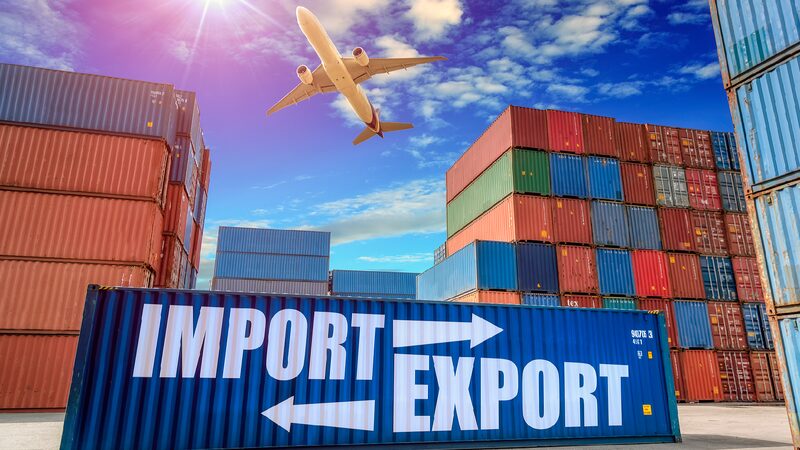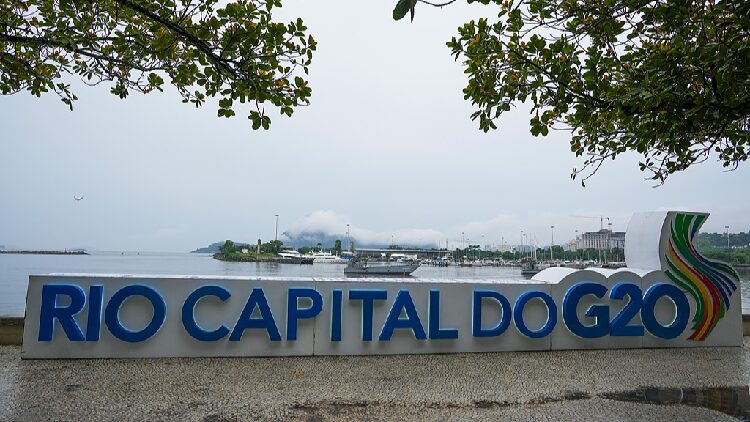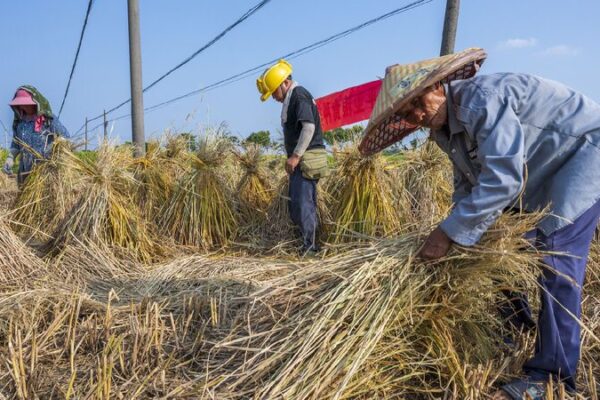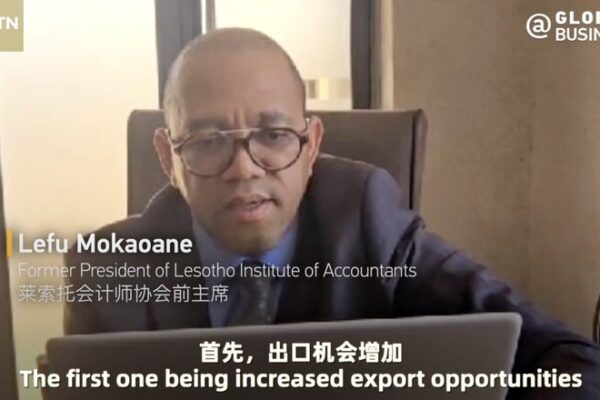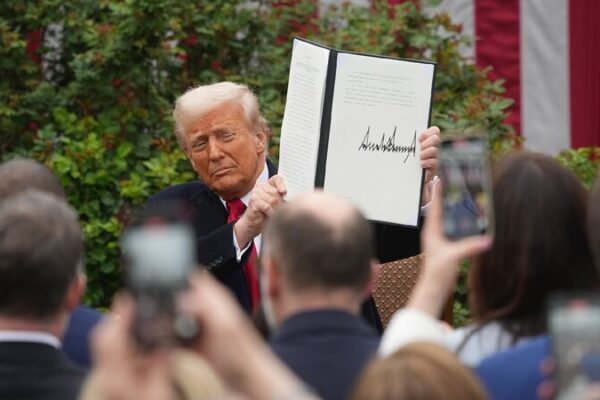Starting this December, China is introducing a zero-tariff policy on items imported from Least Developed Countries (LDCs) that have established diplomatic relations with China. This initiative aims to boost their exports, promote local economic growth, and help reduce poverty rates.
What Does Zero Tariff Mean?
Zero tariffs eliminate import taxes on goods, making products more affordable and competitive in the market. For LDCs, this opens up opportunities to expand their trade with China, one of the world’s largest economies.
Benefits for Developing Nations
By removing trade barriers, these countries can increase their export volumes, leading to economic growth and job creation. Local businesses can tap into new markets, driving innovation and development.
Promoting Shared Growth
China’s policy fosters stronger economic ties and mutual development. As exports grow, countries can invest in infrastructure, education, and healthcare, improving the quality of life for their citizens.
A Step Towards Poverty Reduction
Economic growth is a key factor in reducing poverty. Increased trade can lead to higher incomes and better employment opportunities, helping communities rise out of poverty.
Looking Ahead
This move signifies China’s commitment to supporting global development. For young people in the Global South, it promises a future with more opportunities and brighter prospects.
Reference(s):
cgtn.com
